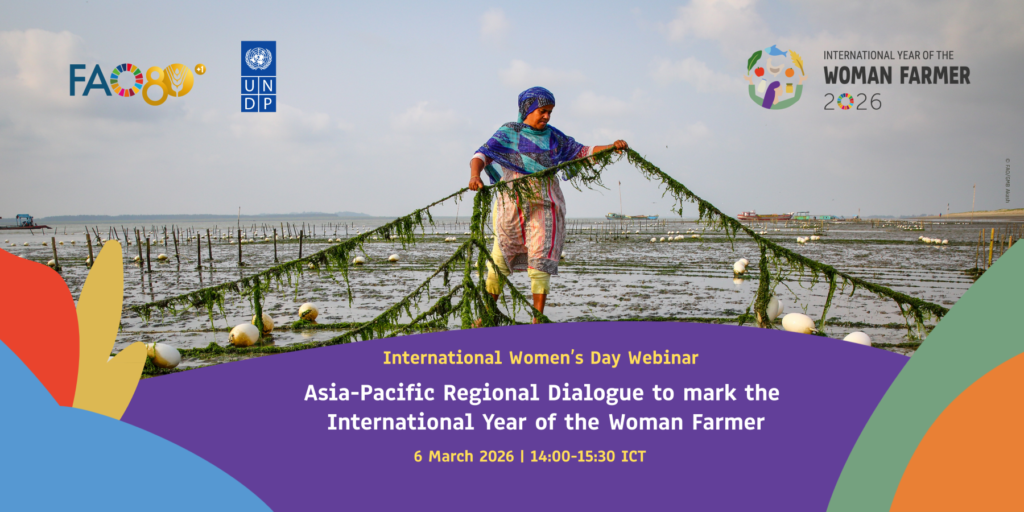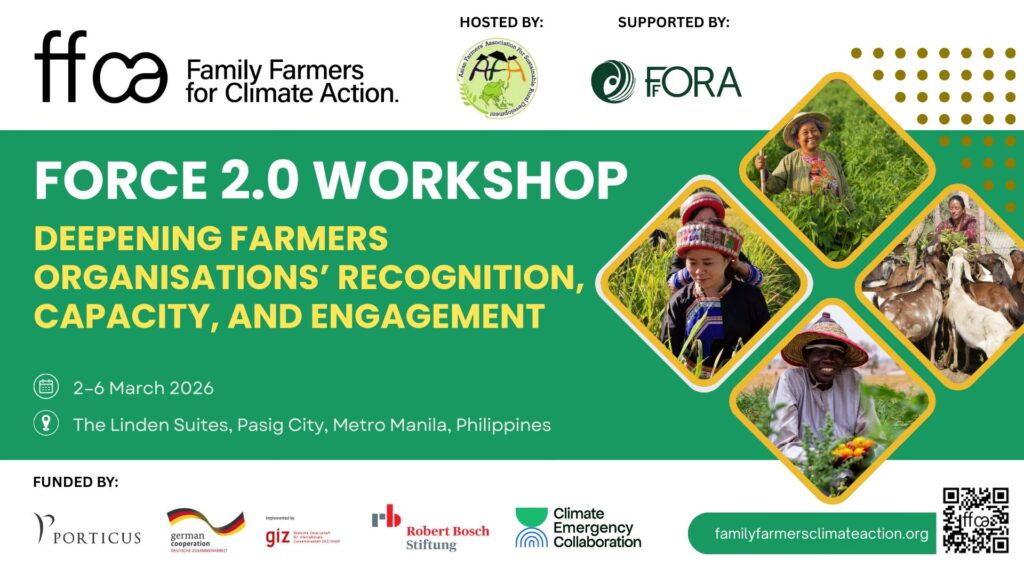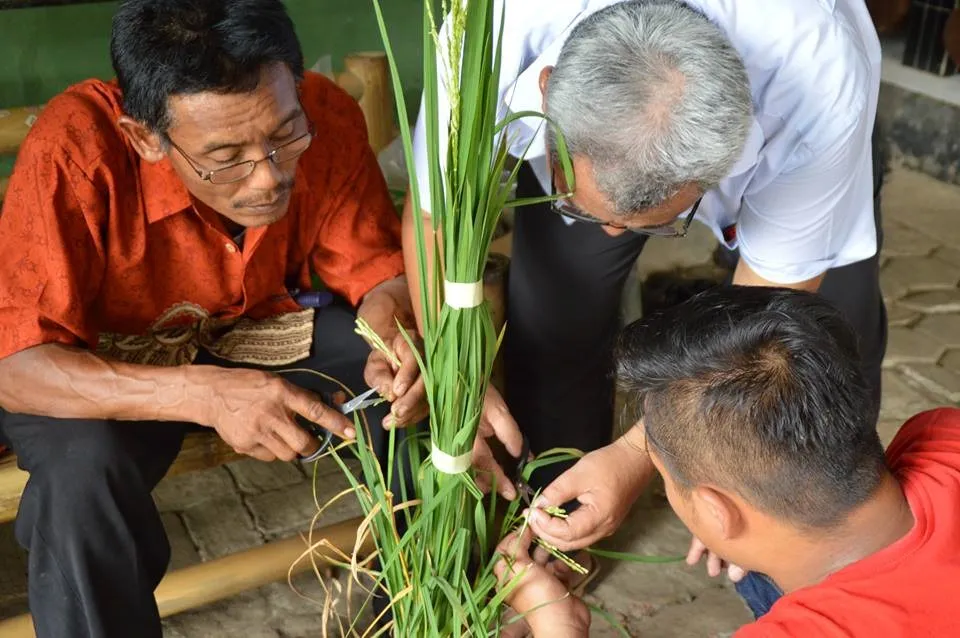
From Seeds to Success: Empowering Nepalese Women in Paddy Value Chain
Rice is the most important crop in Nepal, accounting for about 50% of the country’s total agricultural area and production. It is the primary staple food, ranking first among cereals in terms of area, production, and its impact on livelihoods. Chitwan, in central Nepal, is a particularly significant area for rice production.
Under the Farmers’ Organizations for Asia (FO4A) project, implemented nationally by the Nepal Agriculture Cooperative Central Federation Limited (NACCFL) and co-financed by the International Fund for Agricultural Development (IFAD) and the European Union (EU), support was provided for a business plan that included establishing a women-led rice processing mill in Kathar, Chitwan. This initiative was spearheaded by the Women Small Farmers Agriculture Cooperative Limited (SFACL), a women-led cooperative with over 1,850 female farmer members, established in 2004 in Khairhani Municipality, Chitwan District.
The establishment of this cooperative has brought about significant social, economic, and agricultural impacts, particularly in areas where women play a crucial role in farming. By providing a collective platform, the cooperative empowers women within its operational area to engage actively in agricultural activities. The village offers numerous opportunities for fish farming, livestock husbandry, paddy cultivation, and commercial agriculture.
The cooperative tailors its services to meet the specific needs and demands of its members. It operates from a well-equipped office that consistently ovides a range of services to its members. Notably, the cooperative has initiated a rice processing mill, with over 50% of its farmer members actively involved. The primary focus is on promoting rice and paddy production by its most vulnerable members—women farmers from impoverished backgrounds.
Read the full article here.
Note: This story was originally published in the Asia Pacific Farmers Forum.



